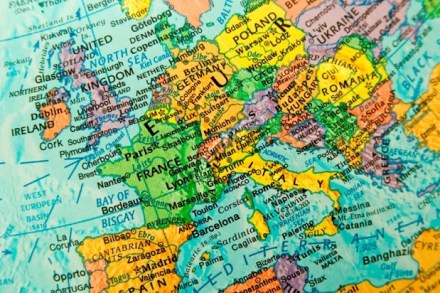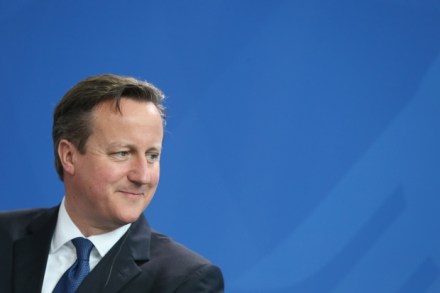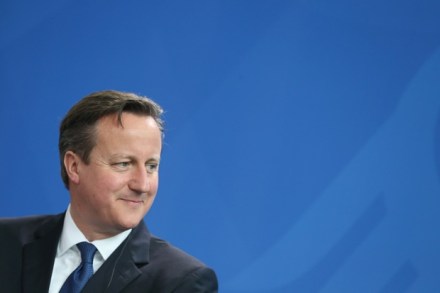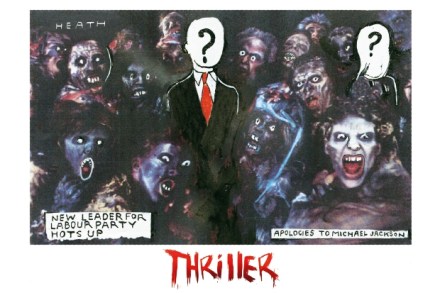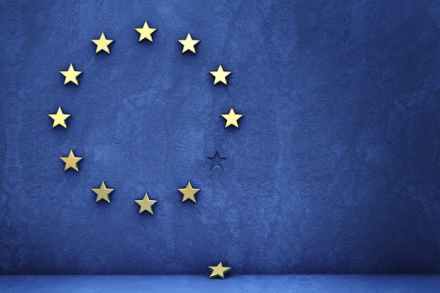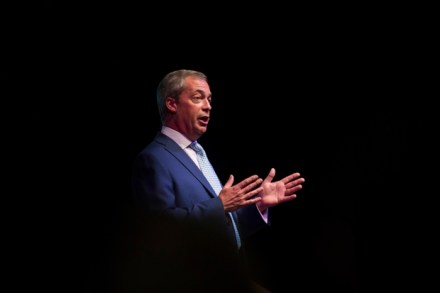We haven’t had a pan-European war for 70 years. Why is that?
The EU referendum makes me suspect that the grownups don’t know what they’re doing. I can see how we got to this point but it seems absurd that something so fundamental should be up – not just for debate but possibly even – for reversal. It is doubly absurd because David Cameron has said that he will be campaigning – as you would expect of a conservative – for the status quo. So why are you doing this? I mouth at the television, wishing heartily that he would fight his internal party battles on his own time. Bewilderment is, it seems to me, one of the main forces behind this referendum. Some


